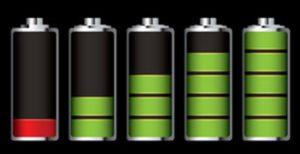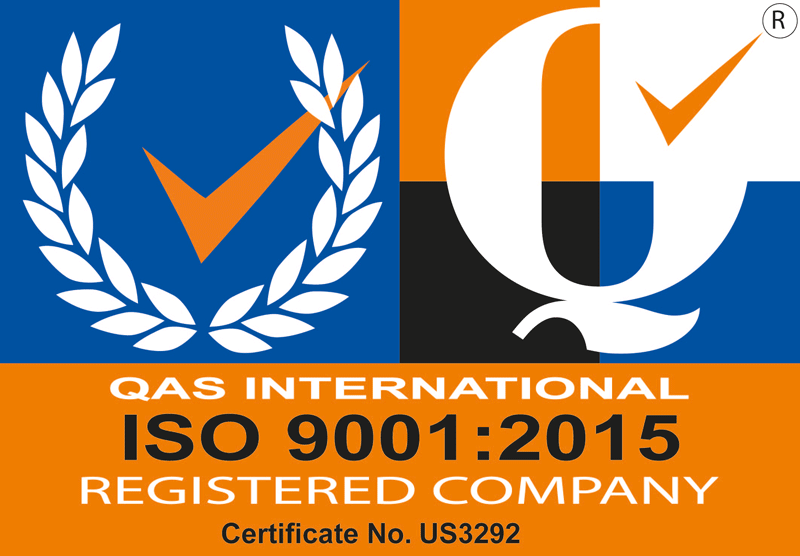The Importance of a Reliable Power Solution for Critical Medical Devices
The USA leads the world in the medical device market. However, there are many factors that make it difficult for design engineers to choose the right battery for their portable medical devices.

Original equipment manufacturers must address issues as many rely on portable, battery-powered devices. Some of the variables include battery chemistry, long term effects of aging, and battery replacement. All are concerns that continue to perplex many medical device manufacturers.
Battery Chemistry
Several medical devices, usually powered by AC power, rely occasionally on their on-board battery as back-up power. A back-up battery often only receives a shallow discharge before being charged. Back-up batteries must use the appropriate battery chemistry for this type of use.
Device manufacturers must select a battery with internal resistance that is appropriate for the load over the lifetime of the battery. If the battery has a high internal resistance, then the voltage drop can be severe causing the battery to heat up, and it can also quickly reach the device’s cut-off voltage earlier then desired. Critical medical devices, like Ventilators, can require significant amounts of power leading to a drop in voltage if the appropriate battery design and chemistry is not selected. The result of this is a reduction in total run-time, and the device not operating as originally specified.
Battery Aging
Battery aging in medical devices is an important topic for manufacturers. Some devices are in constant use, while others are on standby, which poses a challenge for aging estimates. Additionally, batteries react differently under different conditions. Most batteries perform very well at room temperature, and batteries have a longer life if not placed under stress. Fuel gauging can be used with smart batteries to display the remaining life of the battery, but the accuracy can be a challenge. Smart batteries need calibration, through cycling, to maintain accuracy.

Battery Replacement/Capacity
Medical device manufacturers need to make users aware of symptoms of an aged battery and when to replace it. Manufacturers should provide information on the point which capacity has degraded to the point that a battery should be replaced. In addition to assuring sufficient battery capacity reserve, device manufacturers must also plan for a worst-case scenario so that batteries are never depleted in critical applications. Device requirements vary per application. Therefore, tighter operational requirements may necessitate the need for the battery to be replaced sooner than would be required in less demanding applications where a potential failure can be tolerated.
Excell Benefits
- Safe and Quality Product
- Agile Production Process
- Dedicated team from inception to production
- Rapid Concept to Production
- Custom Design
- Reliable Delivery
- Stable Supply Chain
- North American Manufacturing
Manufacturing Operations
Our factories in North America remain open and operational and are positioned to respond fast to OEM requirements. Excell manufacturing facilities are operating at normal production levels and will continue to operate as needed to support our customers.
- Vancouver, BC, Canada
- Calgary, AB, Canada
- Mississauga, ON, Canada
- Houston, TX, USA



